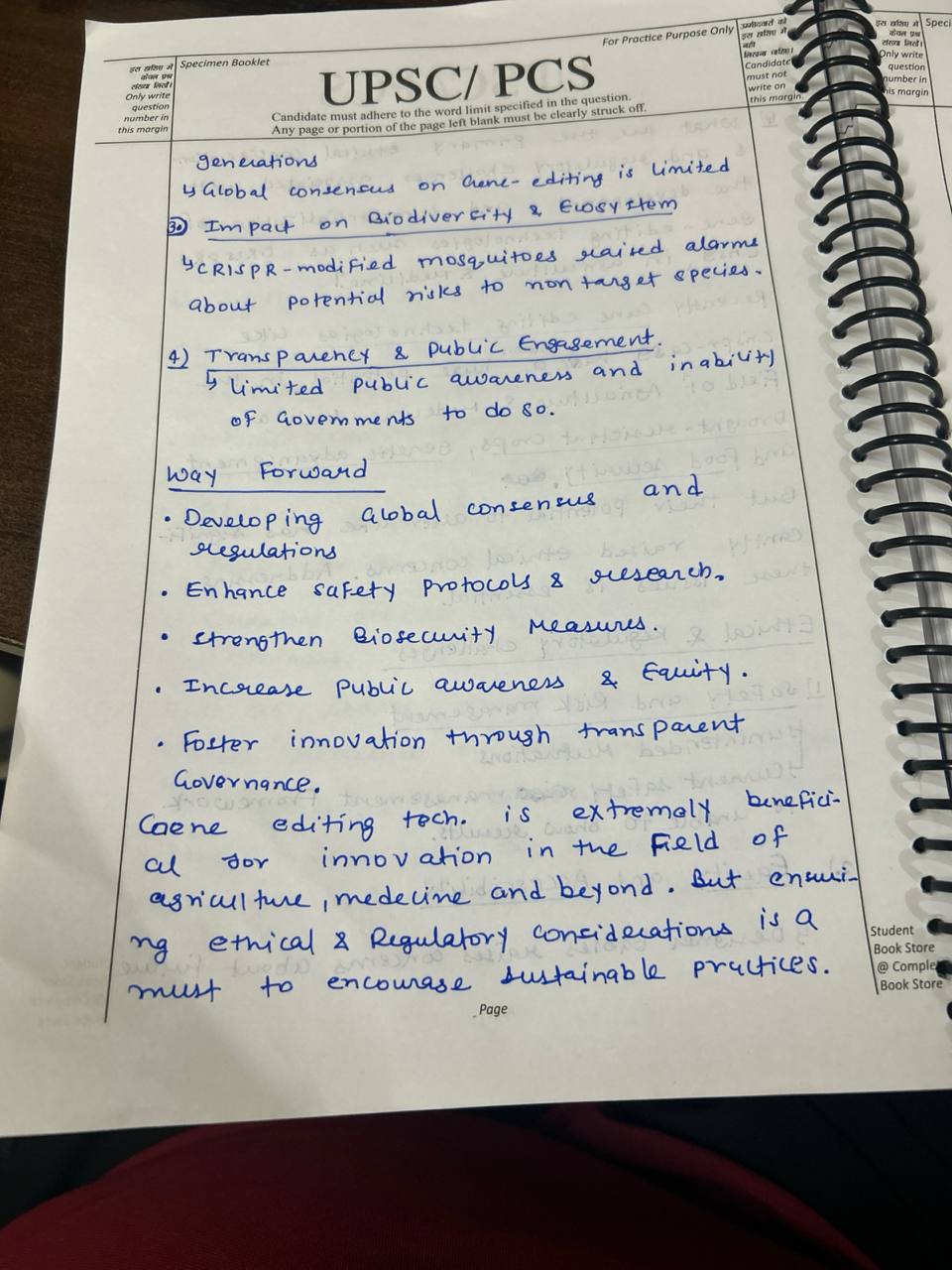Scientific Discovery: Advancement of Knowledge: Space exploration expands our understanding of the universe, including the origins of planets, stars, and galaxies. Technological Innovation: Developing technologies for space missions leads to advancements in other fields, such as materials science, rRead more
Scientific Discovery:
- Advancement of Knowledge: Space exploration expands our understanding of the universe, including the origins of planets, stars, and galaxies.
- Technological Innovation: Developing technologies for space missions leads to advancements in other fields, such as materials science, robotics, and medical imaging.
- Earth Observation: Satellites and space missions provide critical data for climate science, weather forecasting, and natural disaster management.
- Life Sciences: Studying the effects of microgravity on biological organisms helps us understand human health and can lead to medical breakthroughs.
- Resource Utilization: Exploring celestial bodies like the Moon and Mars can identify potential resources for future use, such as minerals and water.
International Cooperation:
- Global Partnerships: Space missions often involve collaboration between multiple countries, fostering diplomatic relations and peaceful cooperation.
- Shared Knowledge: International partnerships enable the sharing of scientific data and expertise, accelerating collective progress.
- Cost Sharing: Collaborative projects distribute the financial burden among participating nations, making ambitious missions more feasible.
- Cultural Exchange: Joint space missions promote cultural understanding and inspire a sense of global community.
- Policy Development: International cooperation in space exploration leads to the establishment of global standards and policies for space activities.



Mitigating biases in AI systems requires a multifaceted approach. Firstly, diverse and representative data sets are crucial to avoid training AI on biased samples. Ensuring that these data sets include varied demographics helps the AI understand and serve all groups fairly. Secondly, incorporating fRead more
Mitigating biases in AI systems requires a multifaceted approach. Firstly, diverse and representative data sets are crucial to avoid training AI on biased samples. Ensuring that these data sets include varied demographics helps the AI understand and serve all groups fairly. Secondly, incorporating fairness-aware algorithms, such as those that balance outcomes across different demographic groups, can help mitigate biases during the model’s decision-making process.
Additionally, continuous monitoring and auditing of AI systems are necessary to identify and address biases that may emerge over time. Involving a diverse team in the development and evaluation stages can provide varied perspectives and highlight potential biases. Lastly, transparent communication about how AI systems work and the decisions they make allows for accountability and trust, enabling stakeholders to understand and challenge unfair outcomes. By combining these strategies, we can work towards fair and equitable AI systems that serve diverse populations effectively.
See less